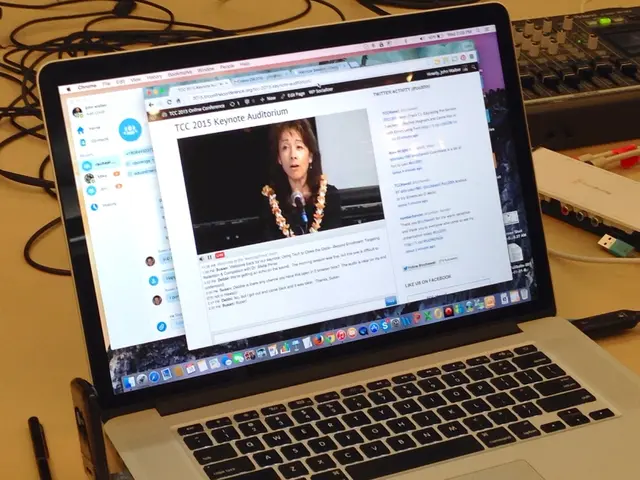Unscrupulous individuals capitalizing on vulnerability in common Wing FTP Server software
**Critical Vulnerability Affects Wide Range of Enterprises: CVE-2025-47812**
A critical, remotely exploitable vulnerability, CVE-2025-47812, has been identified in Wing FTP Server, a popular cross-platform file transfer solution used by enterprises for secure file sharing. The flaw, rated CVSS 10.0, is present in all versions prior to 7.4.4 and allows unauthenticated attackers to execute arbitrary system commands with root or SYSTEM privileges.
The vulnerability, which exists through null byte injection in the username parameter combined with crafted Lua code injection, ultimately enables Remote Code Execution (RCE) through manipulated session files. Even anonymous FTP accounts can trigger the vulnerability.
Wing FTP Server is widely used, with over 10,000 customers including major organisations such as Airbus, Reuters, and the U.S. Air Force. Given the product’s adoption and the severity of the flaw, it is reasonable to assume that a significant number of systems could be exposed, particularly among self-hosted deployments and those with exposed admin panels or anonymous FTP enabled.
**Immediate Steps for Mitigation**
To address this critical issue, immediate action is required. Here are some recommended steps:
1. **Patch Immediately:** Upgrade Wing FTP Server to version 7.4.4 or later, as this version contains the security fix. 2. **Disable Anonymous Access:** If possible, disable anonymous FTP access to reduce the attack surface. 3. **Restrict Access:** Limit exposure by restricting access to the web admin interface and using firewall rules to allow only trusted IP addresses. 4. **Audit Logs:** Review access and authentication logs for signs of compromise or suspicious activity, such as unusual login attempts or unexpected file modifications. 5. **Monitor for Compromise:** Assume your server may have been compromised if running a vulnerable version. Look for signs of persistence (e.g., new user accounts, unexpected processes, or unusual network connections). 6. **Incident Response:** If compromise is suspected, isolate affected systems, change all credentials, and conduct a thorough forensic investigation.
**Long-Term Best Practices**
In addition to immediate steps, it's essential to adopt long-term best practices:
1. **Use Managed Solutions:** Consider switching to managed SFTP services that handle security updates and maintenance, reducing administrative overhead and exposure to similar vulnerabilities. 2. **Regular Updates:** Maintain a regular patch management schedule for all software components. 3. **Least Privilege:** Run the FTP service with minimal necessary privileges. 4. **Network Segmentation:** Segment critical infrastructure to minimise lateral movement in case of breach.
**Summary Table: Mitigation Actions**
| Action | Description | |-------------------------------|-----------------------------------------------------------------------------| | Patch to 7.4.4+ | Critical priority; upgrade immediately[1][4]. | | Disable Anonymous FTP | If not required, turn off anonymous access[4]. | | Restrict Admin Panel Access | Limit to trusted IPs only[4]. | | Audit Logs | Search for signs of exploitation or compromise[4]. | | Monitor for Compromise | Investigate for persistence, data exfiltration, or lateral movement[3]. | | Incident Response | If compromised, isolate, reset credentials, and conduct forensics[3]. | | Consider Managed SFTP | Evaluate managed solutions for ongoing security[4]. |
In conclusion, CVE-2025-47812 is a critical, actively exploited vulnerability affecting all Wing FTP Server versions prior to 7.4.4. Immediate patching, access restriction, log auditing, and vigilant monitoring are essential to mitigate the risk of complete server compromise.
The critical vulnerability, CVE-2025-47812, in Wing FTP Server, if left unpatched, could lead to cybersecurity issues as it allows unauthenticated attackers to execute system commands. This vulnerability, particularly concerning for data-and-cloud-computing environments, is due to a null byte injection flaw in the username parameter combined with Lua code injection, leading to Remote Code Execution (RCE) through manipulated session files. The use of technology like managed SFTP services and regular updates can help minimise such vulnerabilities in the long term.








